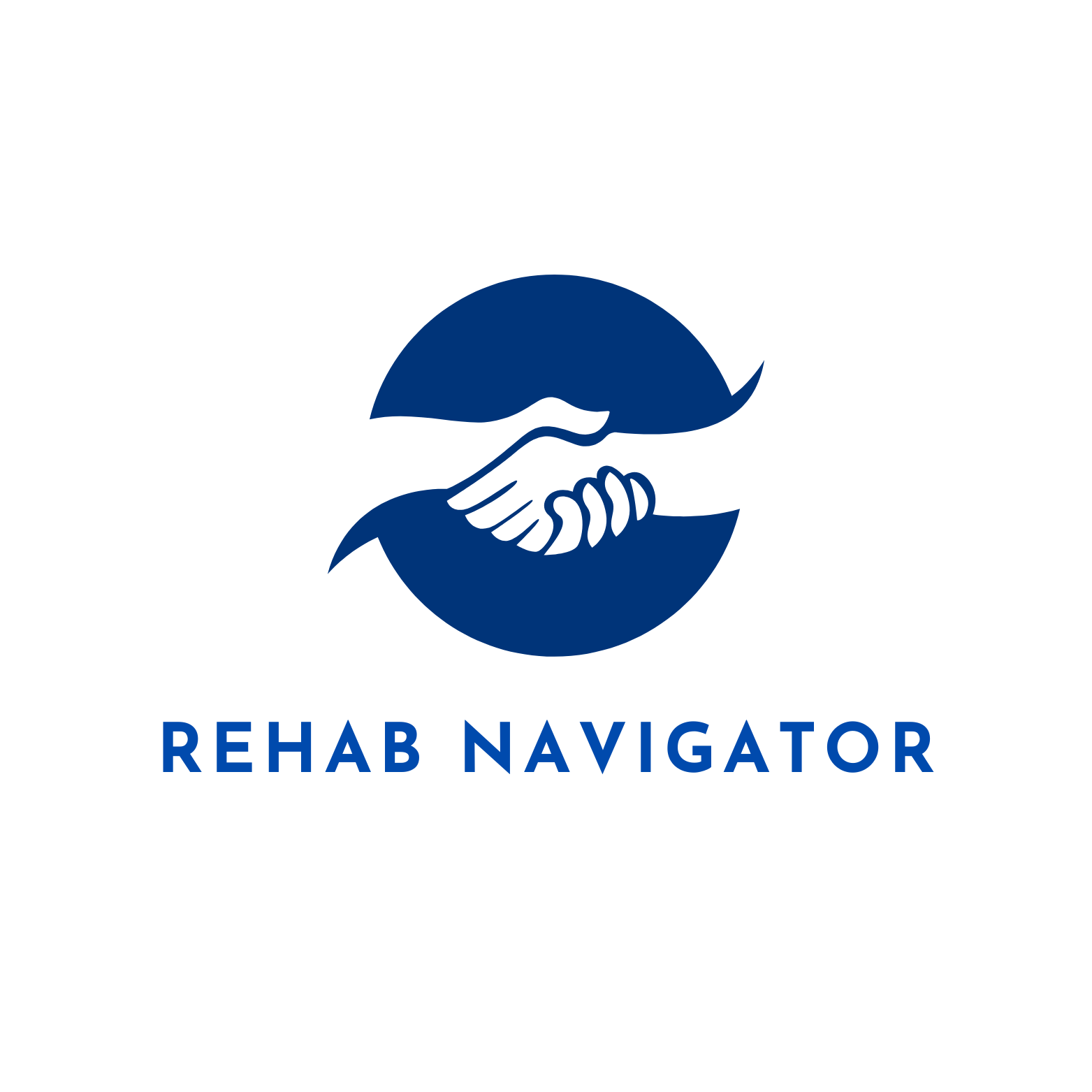
How to Organize an Intervention for Substance Abuse and Alcoholism
What is an Intervention?
An intervention is a structured conversation where family members, friends, and sometimes professionals come together to encourage a loved one struggling with substance abuse to seek treatment. It is designed to help the individual recognize the severity of their addiction and accept the need for help in a supportive, non-confrontational manner.
When is it Necessary to Stage an Intervention?
Staging an intervention becomes necessary when a person’s drug or alcohol use negatively impacts their health, relationships, work, or daily life, yet they refuse to acknowledge the problem. Warning signs include deteriorating physical and mental health, financial troubles, legal issues, and denial of substance use concerns.
Who is Involved in an Intervention?
An intervention typically includes close family members, friends, and sometimes colleagues or spiritual advisors. A professional interventionist or counselor may also be involved to facilitate the conversation and provide guidance on handling emotional responses and resistance from the individual.
How Should You Prepare for the Intervention?
Gather Information – Research addiction, treatment options, and rehabilitation centers.
Form a Team – Choose participants who have a meaningful relationship with the individual.
Plan the Discussion – Prepare what each person will say, emphasizing love and concern rather than blame.
Set Consequences – Decide on clear, firm boundaries if the individual refuses help.
Rehearse the Intervention – Practice to ensure a calm and constructive approach.
Choose the Right Time and Place – Conduct the intervention in a neutral, private, and comfortable setting.
What Can You Expect During the Intervention?
During the intervention, participants will express their concerns and how the individual’s addiction has affected them. The person may react with denial, anger, or defensiveness. The intervention should remain focused on compassion and the ultimate goal of getting them into treatment.
The Dos and Don’ts of Responding During an Intervention
Dos:
Speak with love and concern, not judgment.
Stay calm and composed.
Offer concrete treatment options.
Be supportive and encouraging.
Don’ts:
Accuse, blame, or shame the person.
Get into arguments or become confrontational.
Enable their behavior by making excuses or downplaying their addiction.
Give ultimatums without being ready to follow through.
What Happens After You Stage an Intervention?
If the individual accepts help, arrangements for treatment should be made immediately to prevent second-guessing. If they refuse, loved ones should uphold the consequences set during the intervention and continue offering support while maintaining firm boundaries. Seeking professional advice on next steps can also be beneficial in guiding future actions toward recovery.
